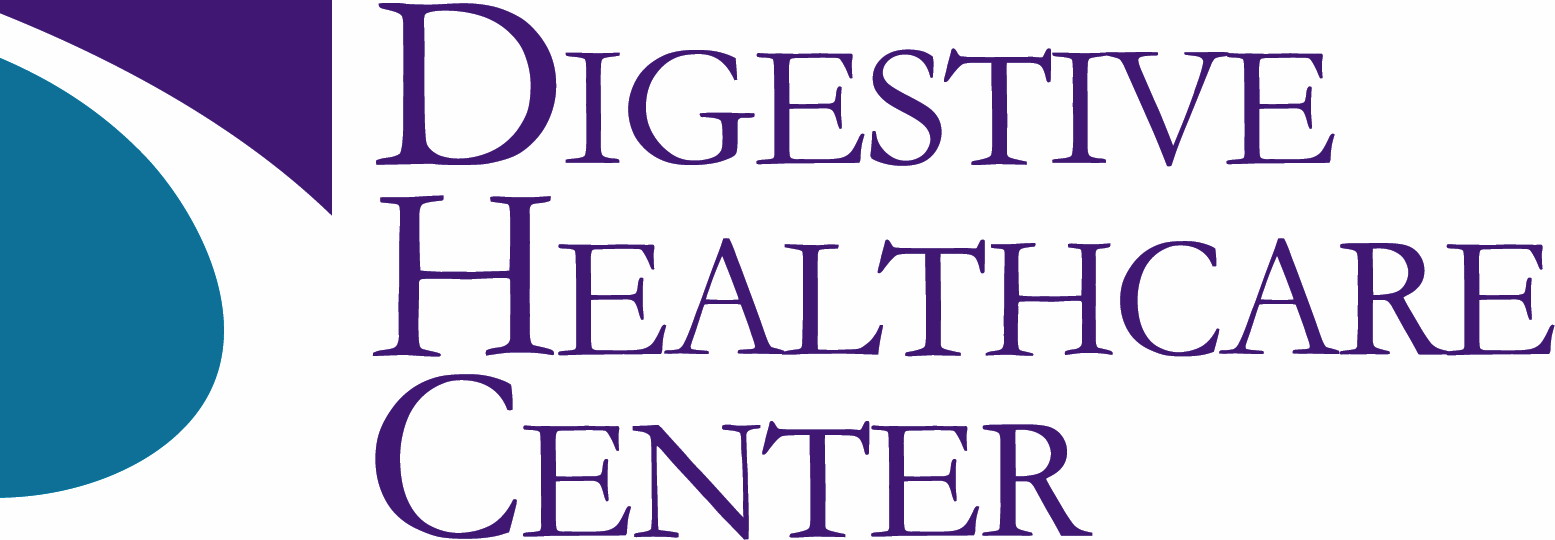Blog
Intestinal Fortitude: The Guts to Promote Colon Health
Take Care of Your Digestive Health with Advice from Dr. Gingold
How much do you know about taking care of your digestive health? Dr. Gingold was recently featured in a webinar from Friends’ Health Connection, where he spoke extensively about everything having to do with colon health. You can view the full webinar above, but we would also like to highlight some of the most important points discussed in the video so that you can get a full picture of why taking care of your colon is important for your overall health. Read on to learn more!
What Role Does the Colon Play?
The colon plays a fairly limited role in the process of digestion – most of the digestion process actually occurs higher up in the digestive tract. The colon’s main role involves water absorption and the storage of stool, and it is essentially the last place stool will stay before it is evacuated from the body. Some of the most common conditions that can affect the colon include colitis, Crohn’s disease, irritable bowel syndrome (IBS), constipation, diarrhea, and in some cases, colon cancer.
What Should You Know About Common Digestive Health Conditions?
In the webinar, Dr. Gingold details the hallmarks and symptoms of some of the most common gastroenterological conditions. Here are some things you should know:
Irritable Bowel Syndrome
IBS is one of the most common conditions that people are referred to a GI office for. There is no definitive test for IBS, so it is diagnosed by exclusion of other conditions that could be causing symptoms. The causes are not well-known, but IBS is sometimes attributed to inflammation, alteration of gut flora, or an imbalance of the neurotransmitters in the body.
Diverticulosis
These are small pouches that form in the wall of the colon, often due to excessive straining or increased pressure in the colon. Around 60% of people have diverticulosis by the time they reach age 60, and this condition can sometimes lead to an infection known as diverticulitis.
Ulcerative Colitis and Crohn’s Disease
Ulcerative colitis is a chronic inflammatory condition that affects the top layer of the colon. It can cause bleeding, diarrhea, abdominal pain, and weight loss. While ulcerative colitis only affects the colon, Crohn’s disease can affect any part of the body, including the small intestine or the stomach.
Colon Cancer
Colon cancer rates have been decreasing in this country due to the increased frequency of screening colonoscopies. There are many different risk factors for colon cancer, including increased consumption of fatty foods, obesity, smoking, heavy alcohol use, and certain inflammatory conditions.
Screening for Colon Cancer: The Basics
The most effective way to prevent colon cancer is to get screened regularly. The American Cancer Society recommends that screening begins at age 45, especially for African Americans (who have a higher risk of developing the disease). Those with an inflammatory condition or family history of colon cancer may need to begin screening earlier. Fecal DNA testing can be used to look for polyps in the colon or blood in the stool. This test is not as accurate as a colonoscopy, but this, along with a virtual colonoscopy, is another way to screen for the disease. Testing for blood in the stool can include methods such as fecal occult blood testing (which is inexpensive and readily available), as well as fecal immunochemical testing. Unfortunately, these tests cannot distinguish between blood that comes from a condition like hemorrhoids vs blood that comes from a cancerous polyp.
Of all the screening tests and diagnostic tools available, a colonoscopy is the gold standard. This is the most specific and comprehensive test to look for colon cancer or polyps. The frequency of a colonoscopy will depend on what is found during the first exam and can range from yearly to every ten years. If you begin to experience changes in bowel habits, blood in the stool, new abdominal pain, or sudden weight loss, you should talk to your doctor about whether it is time for a colonoscopy. It is important for everyone to get screened when you reach the standard screening age because many cases of colon cancer do not present with any symptoms.
How to Keep Your Colon Healthy
Keeping your colon healthy is the key to everyday comfort and overall health improvement. At home, you can take steps like improving your diet to include less red meat and saturated fats. It is also important to add more fish and Omega 3s in your daily diet. A high fiber diet is also important, whether you attain your daily intake through the foods you eat or through a fiber supplement. Fiber is a bulking agent, so it helps stool move more easily through the digestive tract. Getting enough exercise also helps promote positive colon health, especially in conjunction with increased hydration and fiber intake.
Digestive Health Care Near You in New Jersey
We hope that the webinar helps you learn a lot about your colon and how important it is to keep this organ healthy! If you are experiencing any symptoms that concern you or cause you discomfort, or if you have questions about your digestive health, pay us a visit at one of our office locations in Hillsborough, Somerville, or Warren, NJ! You can meet with Dr. Gingold or one of our other experienced physicians, and they will work with you to address your concerns and help you find relief. We offer a number of procedures, including colonoscopies, to help keep your colon in top shape. To make an appointment at one of our offices or to schedule a virtual telemedicine visit, please contact us today!
Make an Appointment for Comprehensive Digestive Care in NJ
At Digestive Healthcare Center, we want each patient at our three offices in New Jersey to feel confident about their digestive health. We encourage you to contact us today to make an appointment with one of our expert gastroenterologists – don’t wait to start putting your digestive health first!
Recent Blogs
Learn more about all things digestive health and wellness by checking out our recent gastroenterology blogs.

Walk in Solidarity and Support Breast Cancer
Blog On October 21st the DHC team and family members had a wonderful time walking in solidarity and support of Breast Cancer in honor of

The Do’s and Don’ts of Eating This Holiday Season
Blog The holiday season is officially upon us, complete with holiday food and cheer. While this time is well renowned for being “the most wonderful
Tame Your Flame: Our Summer Guide to Digestive-Friendly Eating
Blog With summer officially upon us, barbecue season is in full swing. That means blue skies, sunshine and making merry memories. Whether you’re invited to
